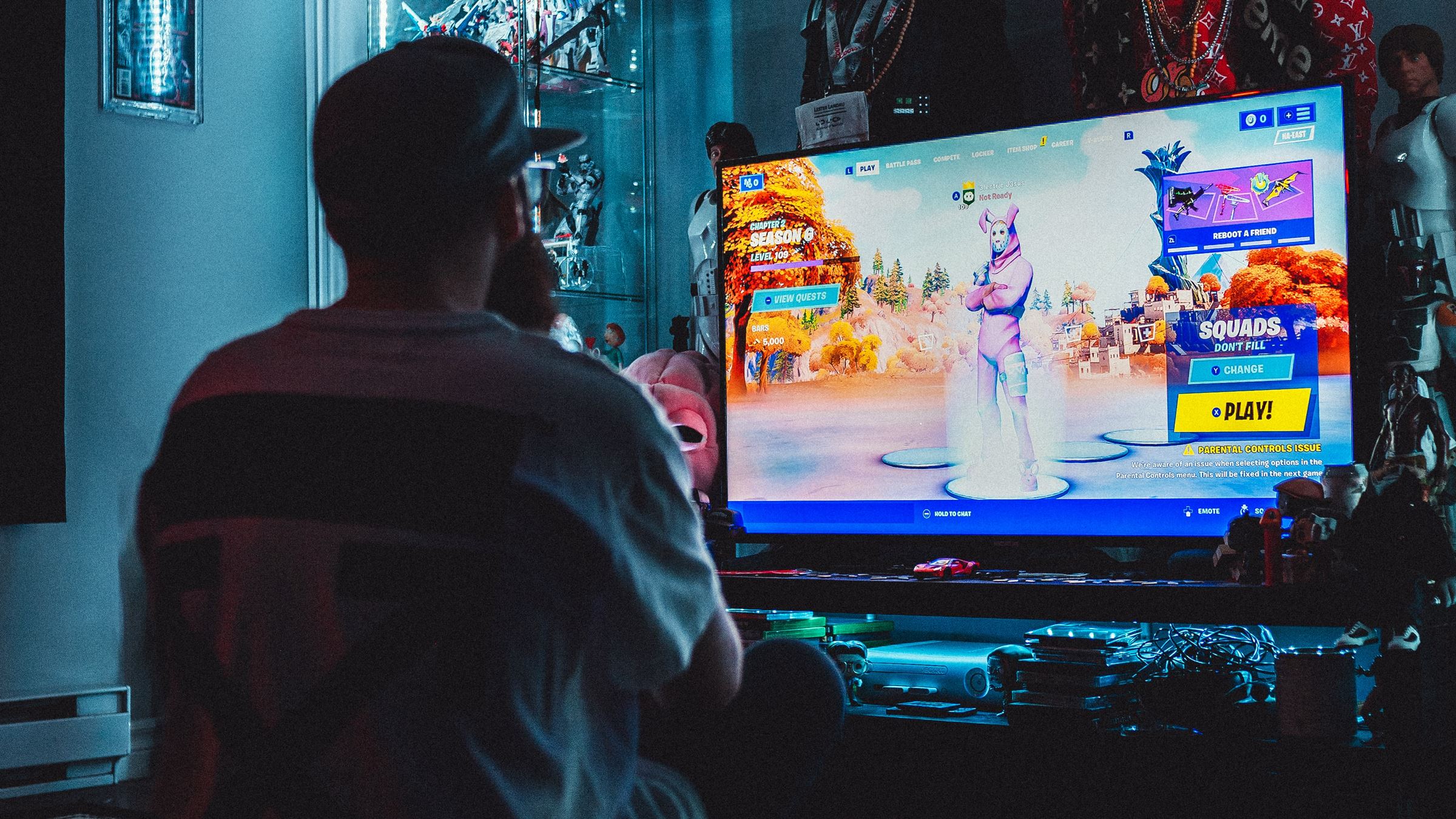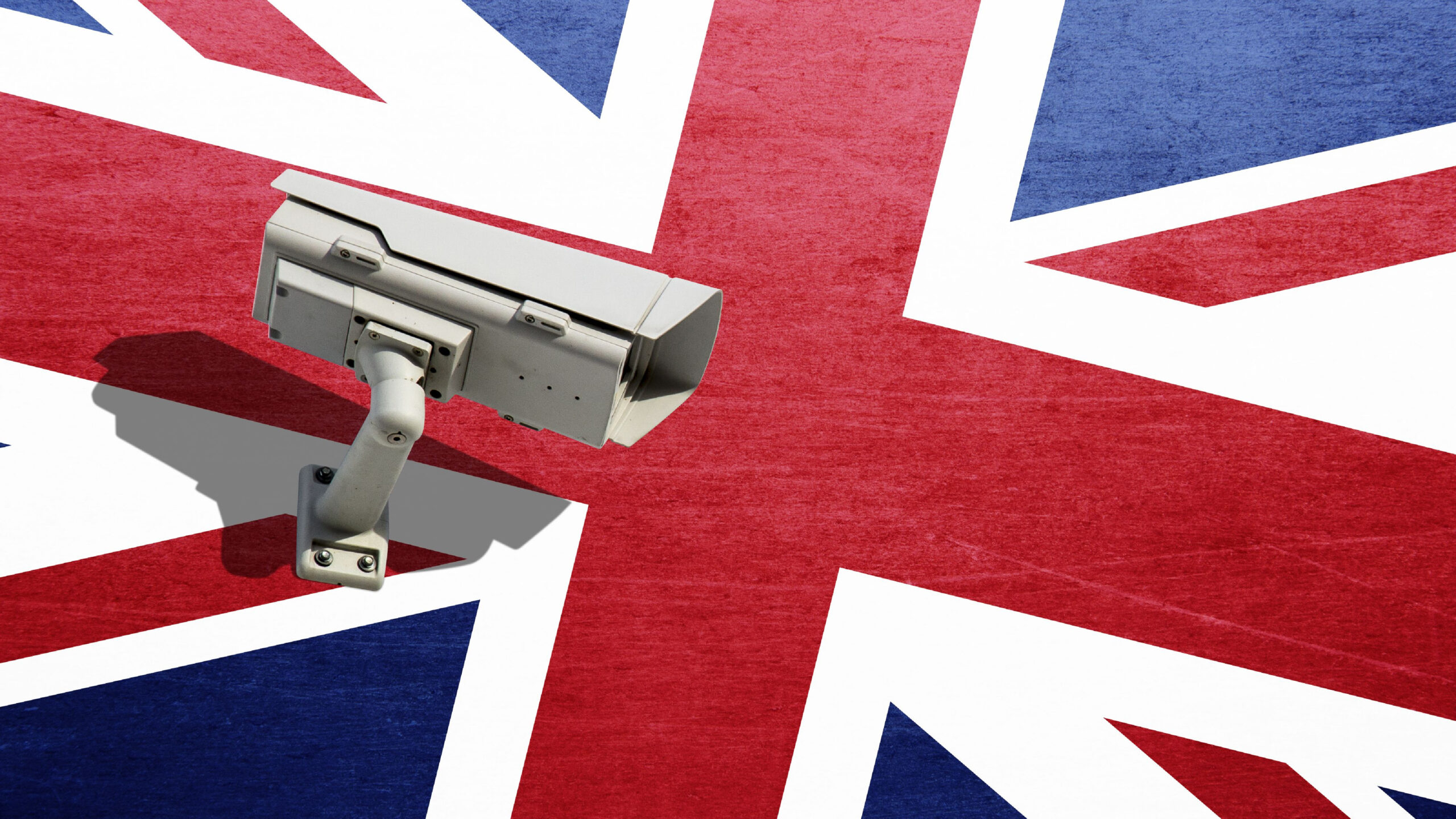Left Shark Can’t Seem to Shake it Off: Pop Queens Wield IP Power
The past few weeks have led to some interesting, and sometimes hilarious, news at the intersection of entertainment and IP. In case you missed it, Taylor Swift and Katy Perry may have bad blood in real life, but they seem to be aligned in their fierce IP enforcement strategy. Taylor Swift recently applied for several trademarks for lyrics from her recent album on various classes of goods. And even more recently, her fans have been receiving cease and desist letters on Etsy as she begins to claim these marks as her own. Katy Perry’s attorneys have sent a cease and desist to a man who is selling a 3D printed “Left Shark” model of Perry’s now famous background dancer from the Superbowl who had two left feet. There have since been a flurry of responses and claims in which Perry’s attorneys claimed several causes of action including copyright as well as misappropriation. The attorneys even filed a trademark for Left Shark, which they later abandoned (likely because they used a picture of the 3D sculpture, rather than the costume), but then instead of giving up they then filed several more with a new picture in the application.
These controversies have led to some really interesting questions on hot topics like 3D printing and how IP rights will be affected (a subject addressed in the space before). However, they also spark some other questions about the intersection of copyright and trademark protections and where the lines can get fuzzy. Can a musician use trademark law to protect otherwise uncopyrightable subject matter? There have been several articles discussing how costumes are not copyrightable, and it is well known that words and short phrases alone aren’t either. However, it appears these artists are reaching beyond the bounds of copyright to assert trademark rights in things that copyright has traditionally left unprotected. Left Shark, for example, derives much of its value not from its link to Katy Perry but its place as a cultural phenomenon created by the internet. In Swift’s case, she wrote the simple phrases “this sick beat” or “party like it’s 1989” in her lyrics to convey her artistic expression, not to market her brand.
On its face there is nothing legally wrong with using a simple phrase as a trademark because the mark is specific to the goods involved. However, there is a danger in trademarking catch phrases and song lyrics because they are not acting as source indicators in the typical sense, but are also being used in part for their actual meaning. When news of Swift’s trademark applications reached the internet, people had a variety of reactions from anger and ridicule to fear that this is an attempt to choke creativity or stifle speech. When fans started receiving takedowns for lyric-inspired creations on Etsy, the prediction seemed to be coming to fruition. Though some of this fear is due to misunderstandings about what trademark protects—Swift cannot stop others from using the lyrics in later musical works—there is something to be said about creating a monopoly on these types of phrases even if it is likely purely for merchandise licensing purposes. The lyrics were not written to indicate Swift’s brand, but for an expressive purpose. The use of trademark stifles creations her work inspired, which are in all likelihood otherwise lawful from a copyright perspective, by attempting to register these phrases in such a wide range of classes.
The same issues are presented in the various Left Shark inspired creations that could and are being stifled. Whether or not there may be some plausible claim for IP protection, the bad publicity and ridiculous nature of these claims could undermine later compliance with IP rights generally. Because Left Shark is a product of internet mockery and critique, it is unlikely that a Katy Perry merchandising program could actually monetize Left Shark’s true value. In the meantime, her lawyers’ litigious approach makes her look like a bully intent on stamping out ridicule.
Both of these pop stars might be better served by taking a less protective approach to these situations in order to support creativity and keep IP protections within the metes and bounds of what they are meant to protect.
Alexandra El-Bayeh is a Law Clerk at CCIA and a 3L at American University Washington College of Law.








